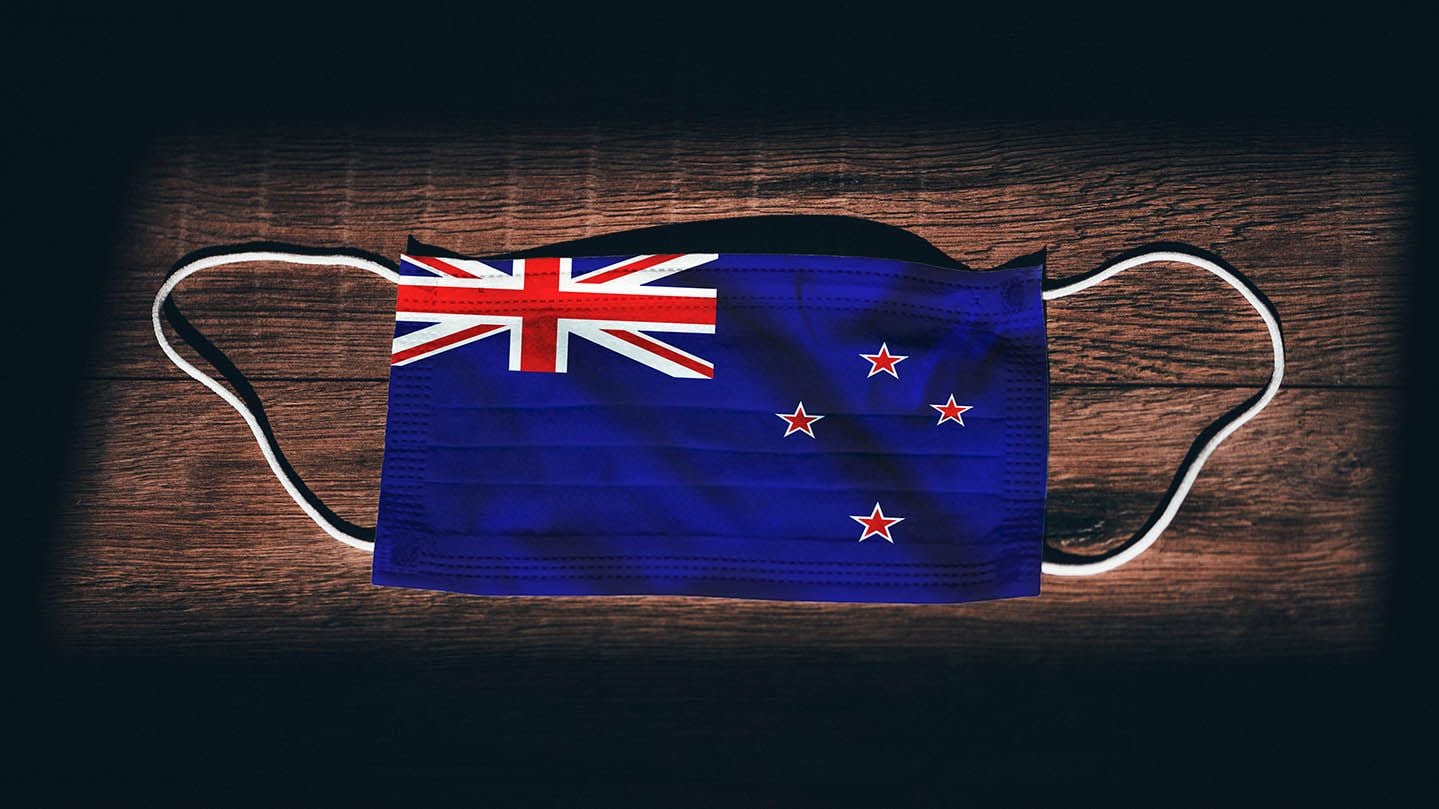New Zealand Dollar Gives Back Gains as Markets Turn Defensive on Oil Market Signals
- NZD flips from best to worst performer in 24 hours
- Decline in global market sentiment weighs
- But lockdown exit strategy, cheap NZD to provide economic support

Image © Adobe Stock
- GBP/NZD market rate: 2.0723
- Bank transfer rates (indicative): 2.00-2.0140
- FX specialist rates (indicative): 2.0087-2.0536 >> more information
A broad capitulation in risk sentiment over the course of the past 24 hours has seen the New Zealand Dollar return many of the gains it enjoyed at the start of the new week, confirming that for the Kiwi it is global sentiment that trumps domestic developments.
The New Zealand Dollar was seen trading lower against all the world's major currencies, with the Pound-to-New Zealand Dollar advancing 0.75% on the day's opening level to reach 2.0730, the Euro meanwhile advanced 0.7% to reach 1.8107 and the U.S. Dollar 1.11% to reach 0.5979.
That the largest daily fall comes against the Japanese Yen - at 1.35% - tells us that currencies with safe haven qualities are in demand and that the New Zealand Dollar has reverted back to taking direction from global sentiment.
Global stock markets and commodity prices were firmly in the red on Tuesday, April 21 on a number of developments that confirm the world is mired in a deep economic contraction.
"Markets are in a defensive stance, spooked by the historic pre-expiry squeeze on longs in the front-month WTI crude oil contract to almost negative 40 dollars per barrel and at the margin on news that North Korean leader Kim Jong Un is in a fragile medical condition after an operation," says Steen Jakobsen, Chief Economist and Chief Investment Officer at Saxo Bank.
The May West Texas Intermediate (WTI) oil contract slid deep into negative territory on Monday as traders simply could not find the required storage capacity to take delivery of the contracts at Cushing, Oklahoma.
Oil price dynamics matter for investors as the global financial system can no longer rely on stock markets to accurately price developments in the economy, thanks to the debasing effect of central bank policy.
Demand for oil cannot be fiddled by central bank policy and therefore with WTI's May contract collapsing deep into negative territory the message is clear: markets might be misplacing the scale of the current slowdown.
Therefore, oil has the ability to send signals to investors and this is feeding back into New Zealand Dollar valuations as the currency tends to decline when global investor sentiment is negative.
"NZD/USD faces downside risks this week if the USD strengthens in line with our expectations. A global recession, subdued commodity prices and a growing current account deficit are all strong headwinds to NZD," says Joseph Capurso, a foreign exchange strategist with Commonwealth Bank of Australia.
There is little to suggest that a near-term fundamental turnaround for oil, and therefore for general investor sentiment, is close at hand.
"The May contract hit negative $40 yesterday as the stress in the U.S. oil market was laid bare for everyone to see. Lack of storage capacity at Cushing, Oklahoma, the delivery point for WTI crude oil futures left remaining longs in scramble to get out. Unless fundamentals improve over the next four weeks, the new front month on June could be exposed as well," says Jakobsen.
The current global environment therefore lends itself to further New Zealand Dollar weakness, which makes for a stark reminder to a currency that was leading the pack only 24 hours earlier.
The New Zealand Dollar currency started the new week in bullish form following confirmation that the government was implementing an exit from current lockdown conditions, believing that the risk of a major covid-19 outbreak had fallen dramatically.
"We have done what very few countries have been able to do. We have stopped a wave of devastation," said New Zealand Prime Minister Jacinda Ardern, when announcing the new measures.
Moving from level four to three means New Zealand will be easing back to normality, thereby avoiding an immediate end to lockdown that would benefit the economy but aid the country's chance at eliminating covid-19.
New Zealand is a small, open economy that is prone to shifts in global sentiment. But it must also be remembered that the NZ Dollar acts a shock absorber, falling in value when times are tough. This makes the cost of New Zealand's goods and services on the international market place cheaper, therefore underpinning export demand.
The country appears to be leading its peers in exiting the covid-19 lockdown phase, which combined with a weaker currency, could aid the economy moving forward.





